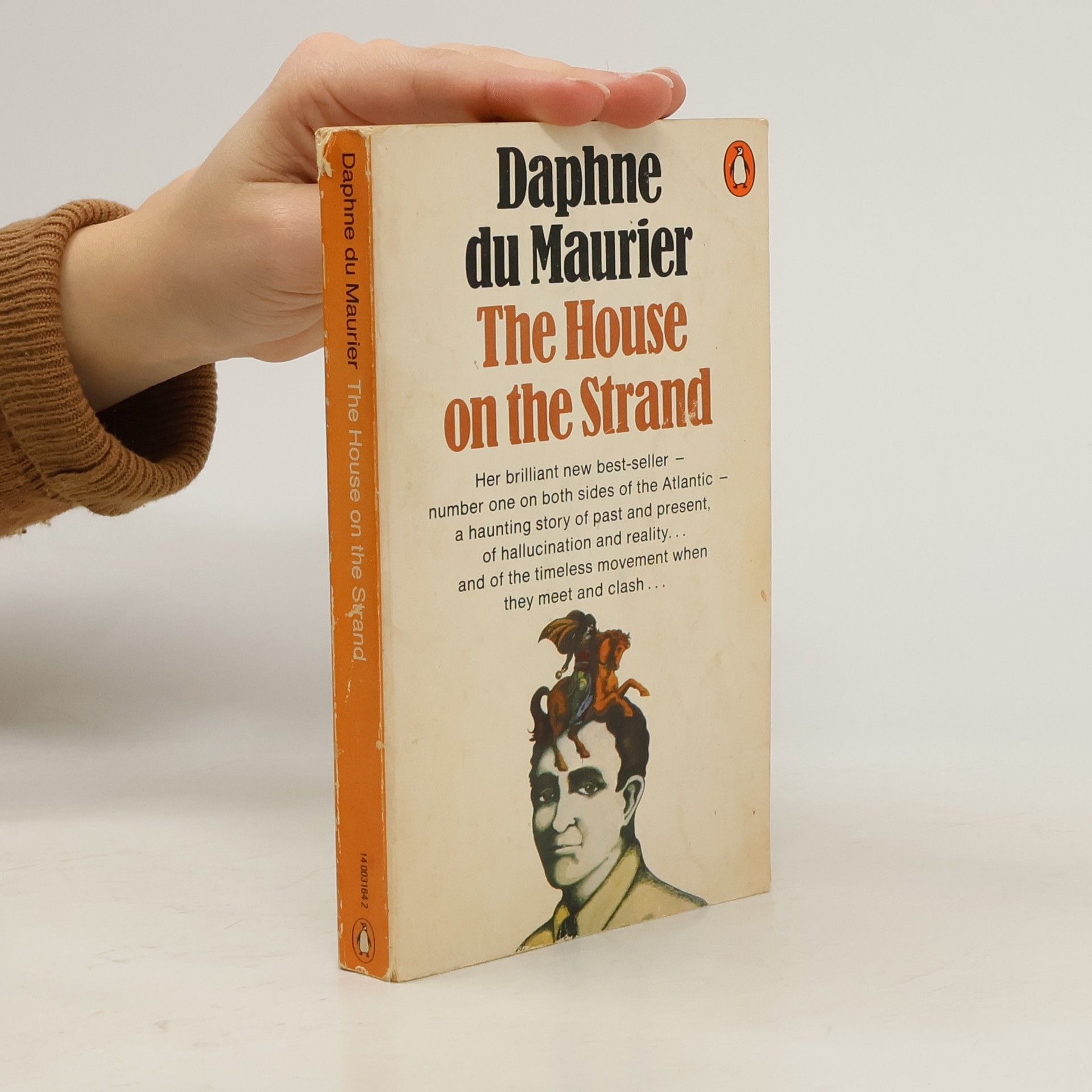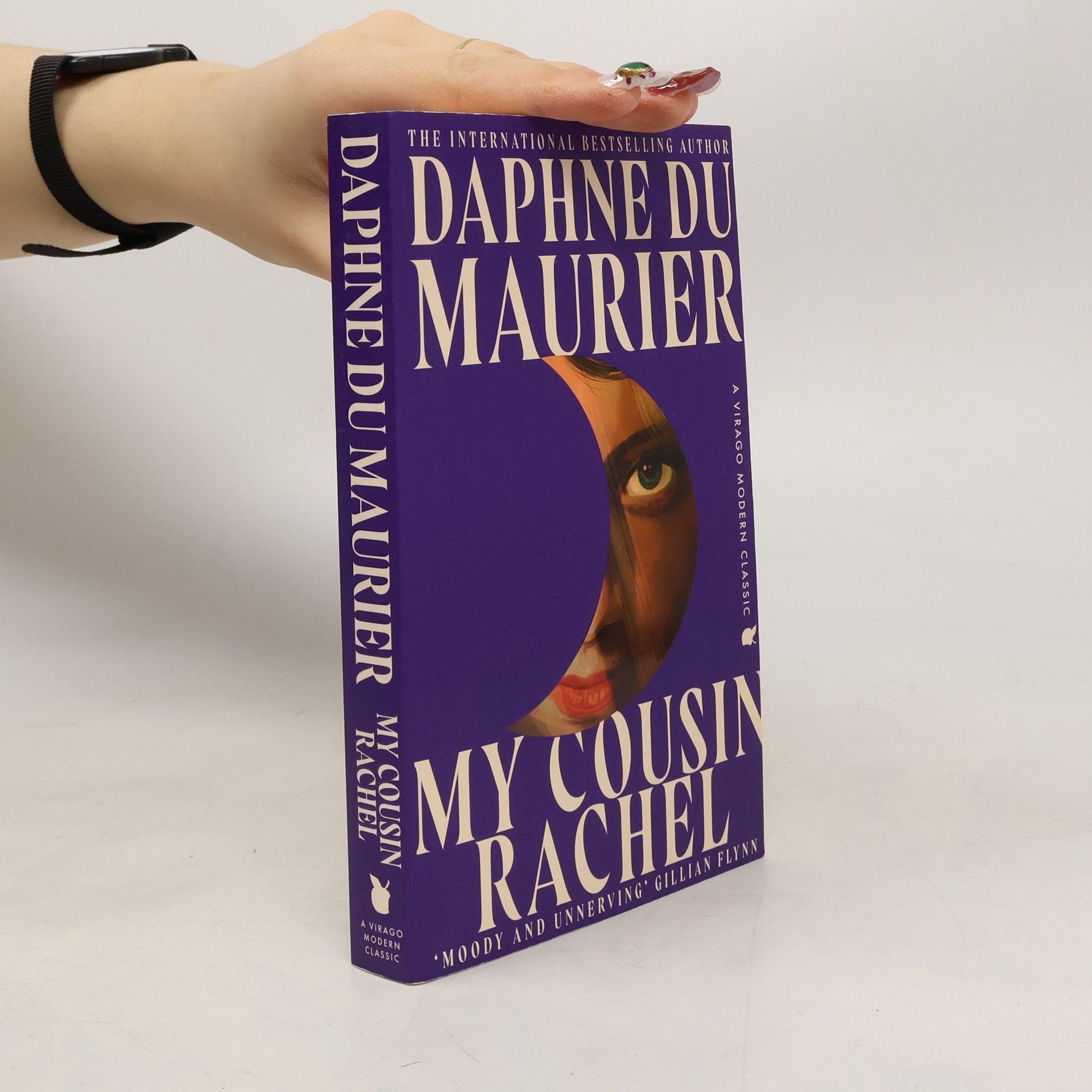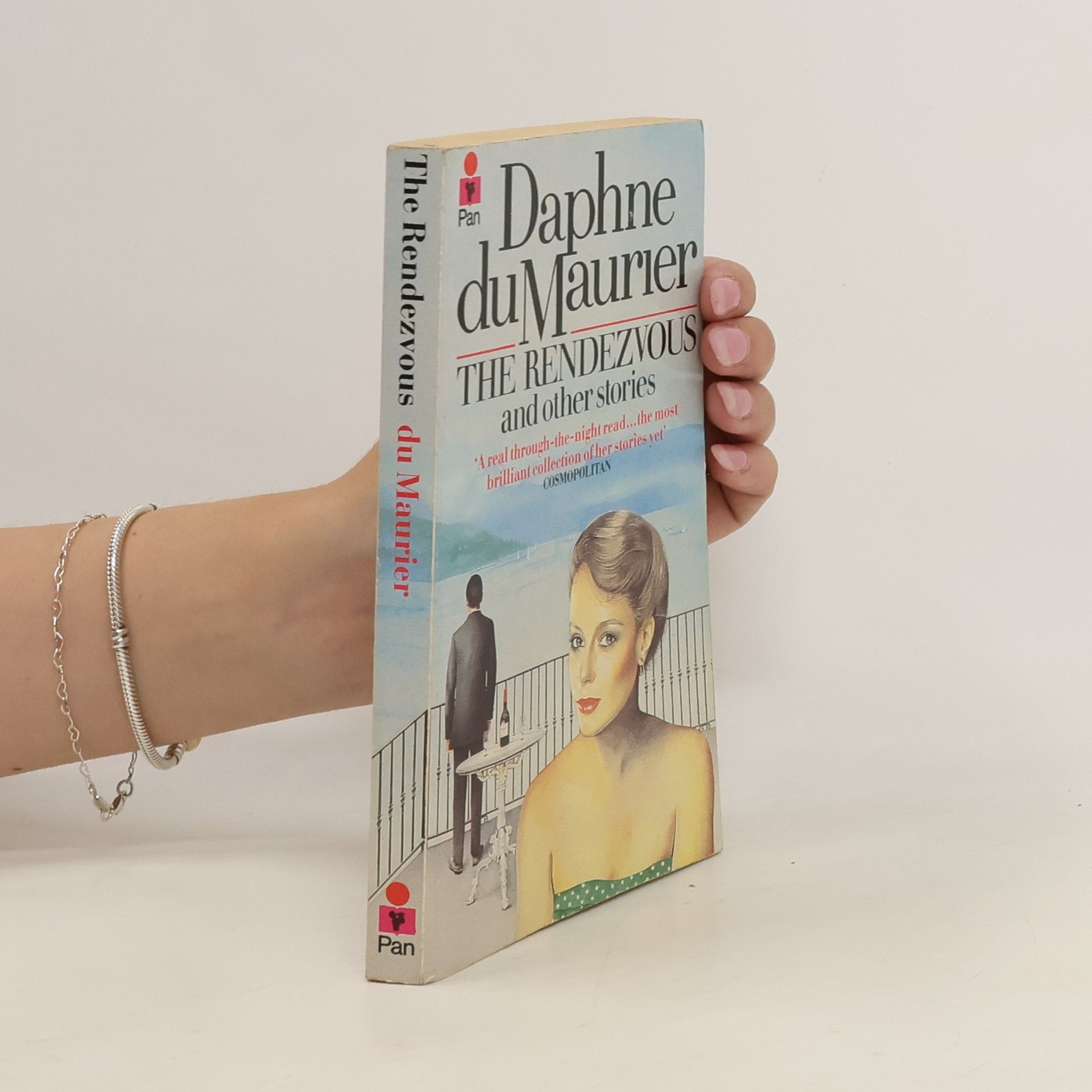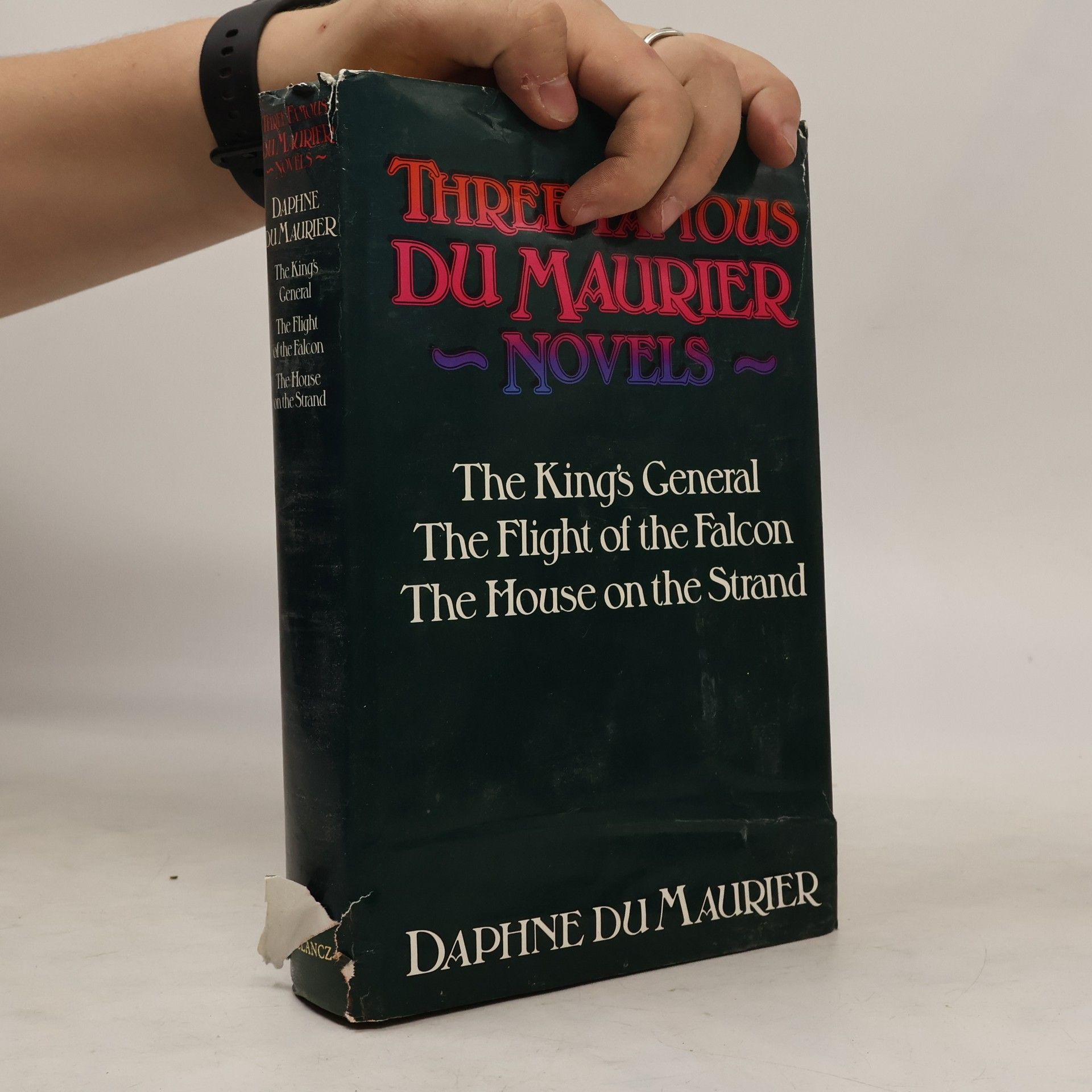Three Famous Du Maurier Novels
The King's General / The Flight of the Falcon / The House on the Strand
Daphne du Maurier carved a unique space in popular culture and the modern imagination with her magically atmospheric settings like Jamaica Inn and Manderley, which possess a life and character of their own. Driven by an obsession with the past, she extensively researched family histories and historical periods, lending her work a rich, distinctive depth. While contemporary writers explored experimental techniques and challenging social themes, du Maurier crafted 'old-fashioned' novels rich with fantasy, adventure, and suspense, captivating a devoted readership, particularly women. Yet, beneath the surface of these popular narratives lay a powerful psychological realism, exploring intense family dynamics and the lingering impact of memory.







The King's General / The Flight of the Falcon / The House on the Strand
A happily married woman commits suicide for no apparent reason; a young man tries to break some important news to the beautiful girl he had hoped to marry; a con girl plays the same bold game too often and a novelist embarks on a romantic adventure but is woefully disappointed. In all these stories, glimpses into personal lives are vividly portrayed, but they are all written with warmth and are wonderfully evocative.
Beautiful, mysterious, Cornwall exerts a potent spell on all who visit it.
A young bride is brought by her new husband to his manor house in England. There she finds that the memory of her husband's first wife haunts her, and she tries to discover the secret of that mysterious woman's death
"Prime du Maurier. . . . She holds her characters close to reality; the past she creates is valid, and her skill in finessing the time shifts is enough to make one want to try a little of the brew."-"New York Times"
Menabilly was the du Maurier house in Cornwall.Oriel Malet has published the letters she received from Daphne over a 30-year span with links of her own thoughts.
Includes: The King's General, The House on the Strand, The Glass Blowers, Don't Look Now and other Short Stories. 8 complete stories from one of Britain's most famous authors.
This book takes an interdisciplinary approach to explore the connections of lived realities - including boredom, trauma, denial of death, and suicidal impulses - to the meaning of life and belief in God. Williams describes both how to acquire meaning and obstacles to its acquisition.
She wrote exciting plots, she was highly skilled at arousing suspense, and she was, too, a writer of fearless originality Guardian